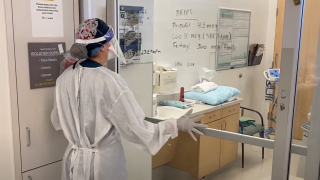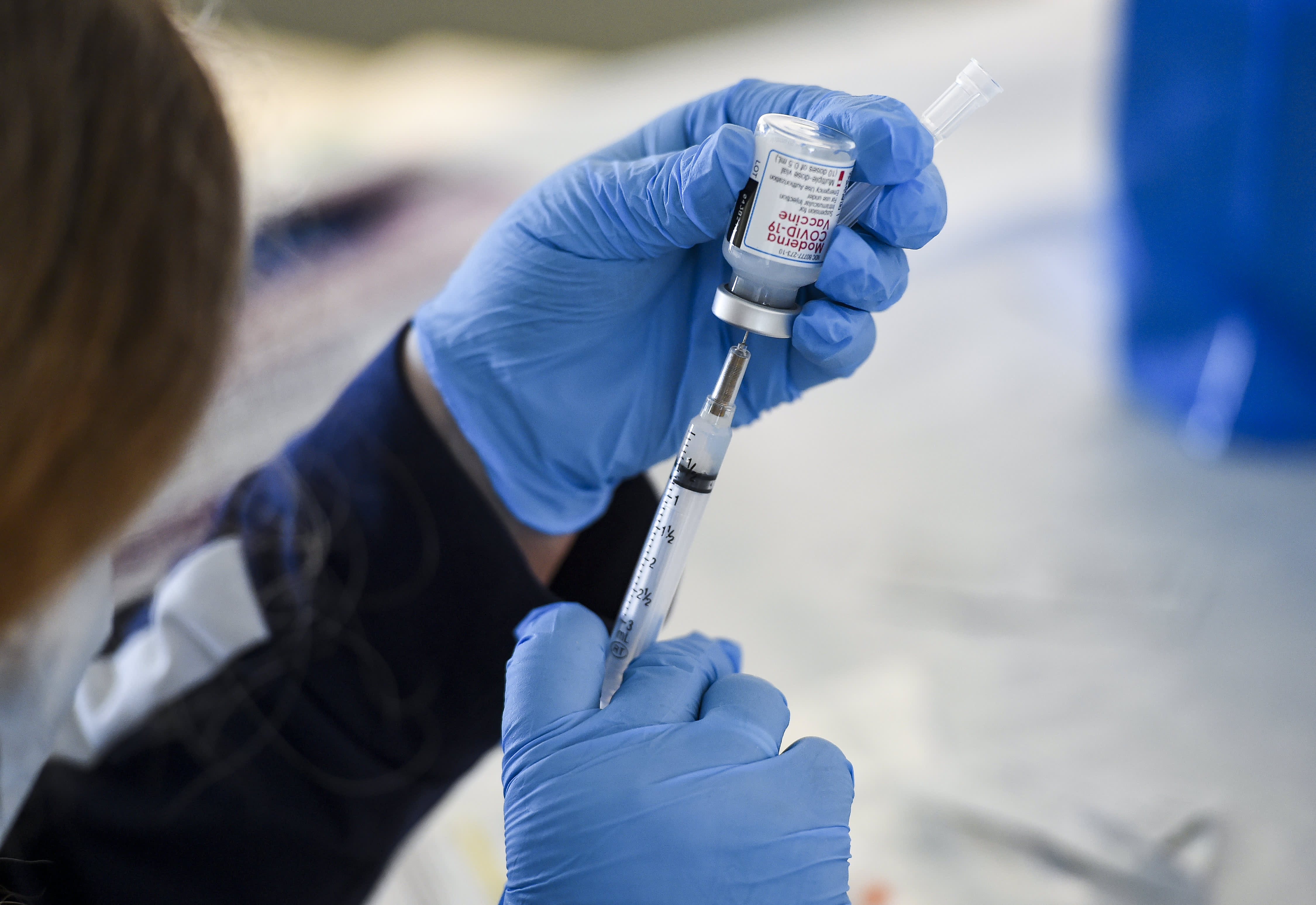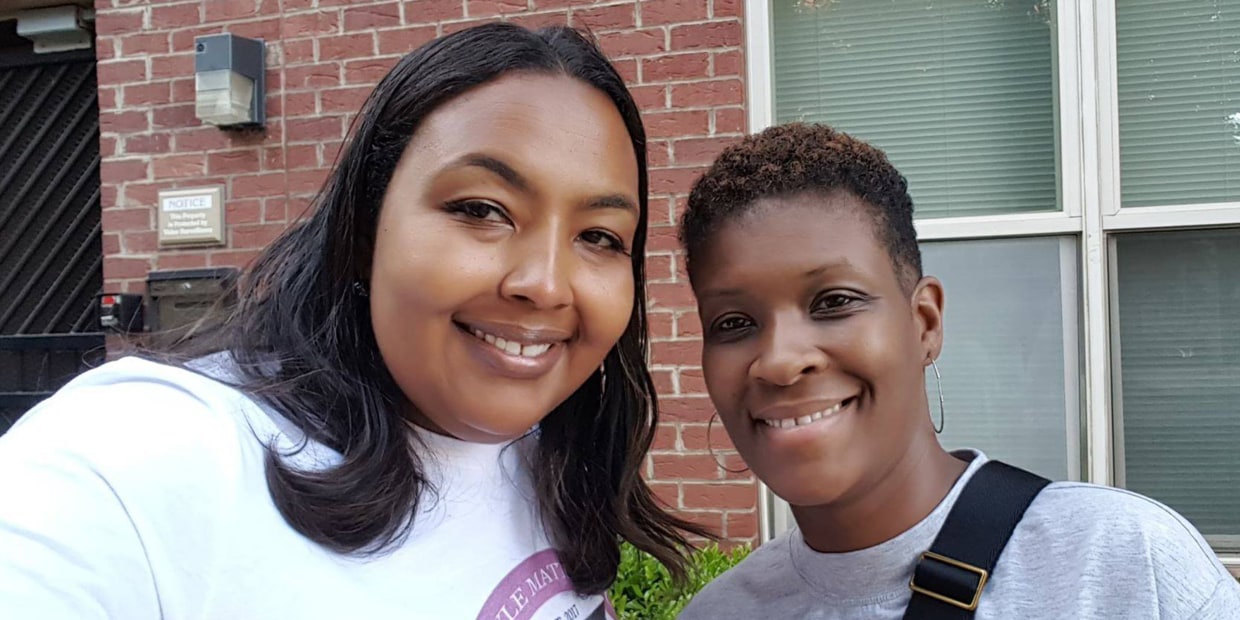
With the second-year anniversary of the COVID-19 pandemic coming up and healthcare workers still on the frontlines, all they are asking for is kindness from patients.
When patients come into hospitals and doctors offices it is the healthcare workers that oftentimes have to endure the frustration and anger of the patients.
Tensions have escalated to the point where Cedars-Sinai issued a letter asking patients to "please be nice."
Claude Stand, RN and the executive director of the Ruth and Harry Roman Emergency Department at Cedars-Sinai, says there has even been threats made to healthcare workers.
Get top local stories in Southern California delivered to you every morning. >Sign up for NBC LA's News Headlines newsletter.
"Threats are made to the staff, in terms of, ‘I will call the media,’ ‘I will call the board of directors,’ ‘I will call the CEO,’ ‘I will sue you,’ ‘I want your full name,’ and some patients are even grabbing employees' badges," Stang said.
Stang also said that threatening behavior disrupts the environment that staff tries to create.
"These kinds of behaviors really threaten the healthy, therapeutic partnership we want to have with our patients and families from the get-go," Stang said.
Sam Torbati, MD, co-chair and medical director of the Cedars-Sinai Emergency Department is very understanding to the fact that most people going into an emergency room will probably not be in the best mood. He said that there is also a lot of anger surrounding the "hospital and government rules regarding masking or strict visitation policies."
"We are trying our best to meet the needs of patients while also following safety guidelines," Torbati said. "Of course, we want people to have access to their families. But when COVID-19 regulations force changes in visitation policies, we can't have people yelling and getting aggressive with our staff."
This trend is not only being seen in emergency rooms this is also being seen in doctor's offices and urgent care facilities said chief medical officer of the Cedars-Sinai Medical Network, Caroline Goldzweig.
Issues are usually seen regarding masking policies, visitation, and wait times.
"We are trying to create safe environments in our clinics and our hospitals, and we're trying to protect our own healthcare workers," Goldzweig said.
Our staff is just as tired as everyone else is, so we are asking patients to take a moment and be kind and respectful.
Associate director of Cedars-Sinai Community Health Improvement, Jonathan Vickburg, who is also a licensed marriage and family therapist says that he has seen high anxiety and stress at the community pop-up vaccination clinics.
"It's truly this fight-or-flight response in our brain when we feel we are getting ready to be out of control and we're not thinking, just reacting," Vickburg said.
Torbati acknowledges that wait times might be longer as hospitals are reaching capacity but patients should remember that the staff is dedicated to giving the best possible care and resources.
Vickburg urges everyone who is feeling anxious to remember to take a breath.




